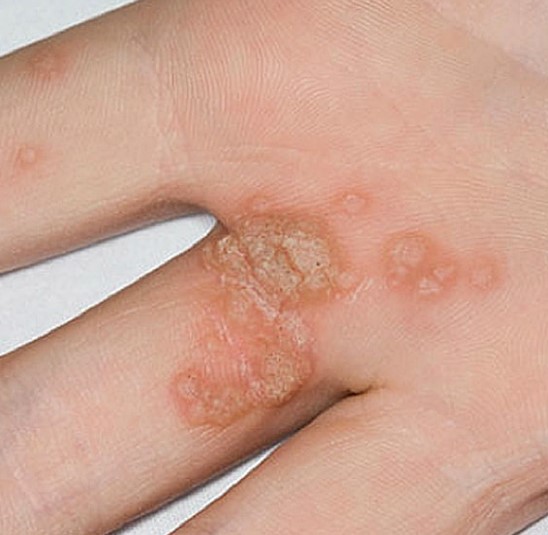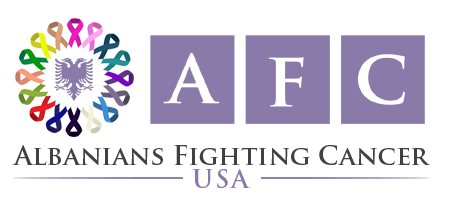HPV VACCINE
What is HPV infection?
HPV infection is a viral infection that commonly causes skin or mucous membrane growths (warts). Most HPV infections don’t lead to cancer. But some types of genital HPV can cause cancer of the lower part of the uterus that connects to the vagina (cervix). Other types of cancers, including cancers of the anus, penis, vagina, vulva and back of the throat. These infections are often transmitted sexually or through other skin-to-skin contact. Vaccines can help protect against the strains of HPV most likely to cause genital wart or cervical cancer. Nearly all cervical cancers are caused by HPV infections, but cervical cancer may take 20 years or longer to develop after an HPV infection. The HPV infection and early cervical cancer typically don’t cause noticeable symptoms.

Picture of Common Warts
How is HPV diagnosed?
If you think you have warts in your genital area, call your family doctor. He or she will be able to diagnose it with an examination. For women, diagnosis of HPV often starts with abnormal results from a routine Pap test.
Living with HPV?
You may test positive for HPV without having signs of cancer or genital warts. Your doctor will likely want you to get a repeat Pap test every 4 to 6 months until the infection is gone. This could take up to 2 years.
Most women who get their routine Pap tests and follow their doctor’s advice will not get cervical cancer. It takes a long time to develop, and regular check-ups help find issues early, before they get more serious.
Who can have HPV Vaccine? What age?
The Centers for Disease Control and Prevention (CDC) recommends that the HPV vaccine be given to girls and boys as early as age 9. It’s ideal for girls and boys to receive the vaccine before they have sexual contact and are exposed to HPV. Research has shown that receiving the vaccine at a young age isn’t linked to an earlier start of sexual activity.
Once someone is infected with HPV, the vaccine might not be as effective. Also, response to the vaccine is better at younger ages than it is at older ages.
The doses of the Vaccine and Side Effects.
The CDC recommends that all girls and boys ages 9 -14 can receive vaccination on the two-dose schedule at least six months apart.Research has shown that the two-dose schedule is effective for children under 15.
Teens and young adults who begin the vaccine series later, at ages 15 through 26, should receive three doses of the vaccine.
The most common side effects of HPV vaccines include soreness, swelling or redness at the injection site.
Prof. Dr. Dukagjin M Blakaj MD, PhD Director of Head and Neck Division Department of Radiology Oncology at Ohio State University
talks about the HPV Vaccine.
